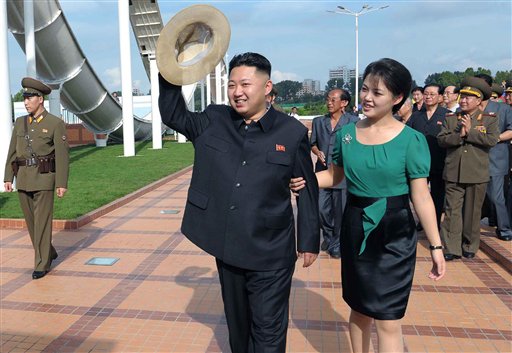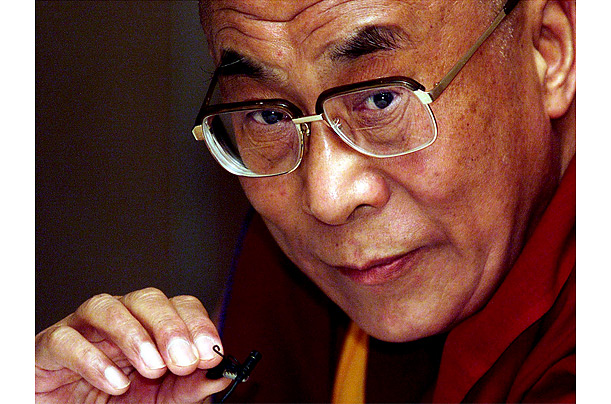Among modern tyrannical dictators, there is a strong tendency toward attempting to establish a “Game of Thrones” type of generational legitimacy. Anyone familiar with the popular fantasy books and HBO TV show knows that the Kings and other Lords in the fictional land of Westeros work and fight very hard to place their children on the thrones of their respective kingdoms and fiefdoms. Usually this involves much death, intrigue, war, and general misery for the common people, most of whom could care less about the “Game of Thrones” played by their rulers. In the real world of international politics, one needs only look a bit at history and current events to see interesting patterns developing in the attempts of dictators to pass on their rule to their progeny, especially in North Korea.
It was recently reported that Kim Jong-Un, North Korea’s third leader of the Kim Dynasty, has taken a wife. This actually should be considered good news for those worried about renewed war on the Korean Peninsula. Kim Jong-Un’s new wife, named Ri Sol-Ju, is reported to be ‘pretty and charming’ by an insider with knowledge of the Kim family. Most likely, within the next year or two, word will come out of North Korea that Ri Sol-Ju is expecting a child with her husband, the Supreme Leader. Such a pregnancy and, presumably a live birth of a son, will continue the Kim Dynasty for another generation. Assuming North Korea as a nation survives. One thing about North Korea and the politics of the Stalinist hermit kingdom, is that no one on outside of North Korea really knows if there will be another Korean War. Every time a leadership change occurs in the North, or in the time leading up to such a change, tensions mount as the North makes militaristic and belligerent noises and actions. In 2010, as Kim Jong-Un’s father weakened, the North attacked a South Korean island. It is now known that Kim Jong-Un was on the island with his father just prior to that attack, and that this may have been a demonstration of his ability to command.
While few outside of North Korea would see the continuation of this dynasty of dictators as a positive, all would likely agree that a new Korean War would be in no one’s best interests. The marriage of Kim Jong-Un assures that he will attempt to pass on his power and rule to his future children. This means that he will (hopefully), not engage in any reckless actions that may spark a war that any reasonable person with knowledge of military affairs could surmise would end with North Korea’s end. Of course, no one outside of North Korea really knows if Kim Jong-Un himself is really aware that North Korea’s conventional military forces cannot truly compete with the South Korean and American military might that any North Korean attack would face. Any reasonable observer would have guessed that Saddam Hussein, who also groomed his sons to succeed him, would have avoided any reckless military adventures that could undo his family’s rule of Iraq. As we all know, Saddam and all of his sons are now dead, and his county is now ruled by people that Saddam would have loved to kill.
Other modern dictators attempted to pass on their rule to a second generation. Libya’s late and largely unlamented tyrant, Muammar Gaddafi, intended to pass on power to his sons. A bloody civil war later, and we see that they are all now dead or imprisoned. Egypt’s strongman Hosni Mubarak, while not as dictatorial as the Kims or Gadaffis, nonetheless intended to pass on power to his eldest son. The Egyptian Revolution changed that, and Egypt is now holding democratic elections. And in Syria, where the Assad Dynasty is currently in its second generation, a bloody civil war has Bashar Assad on the edge of following the footsteps of Saddam, Gaddafi, and Mubarak. No one expects North Korea’s people to suddenly rise up and kick out the Kims. The dynamic is much different and the grip the North Korean communists have on their rule is much too tight. But in this modern Game of Thrones, some kings live, and some kings die. But one thing remains steady: If there is a man on the figurative throne of a dictatorship, if that ruler can pass on his power to his sons, he will do so.

Prince Joffrey on his Throne in Game of Thrones: Would he fit in as a modern dictator?

